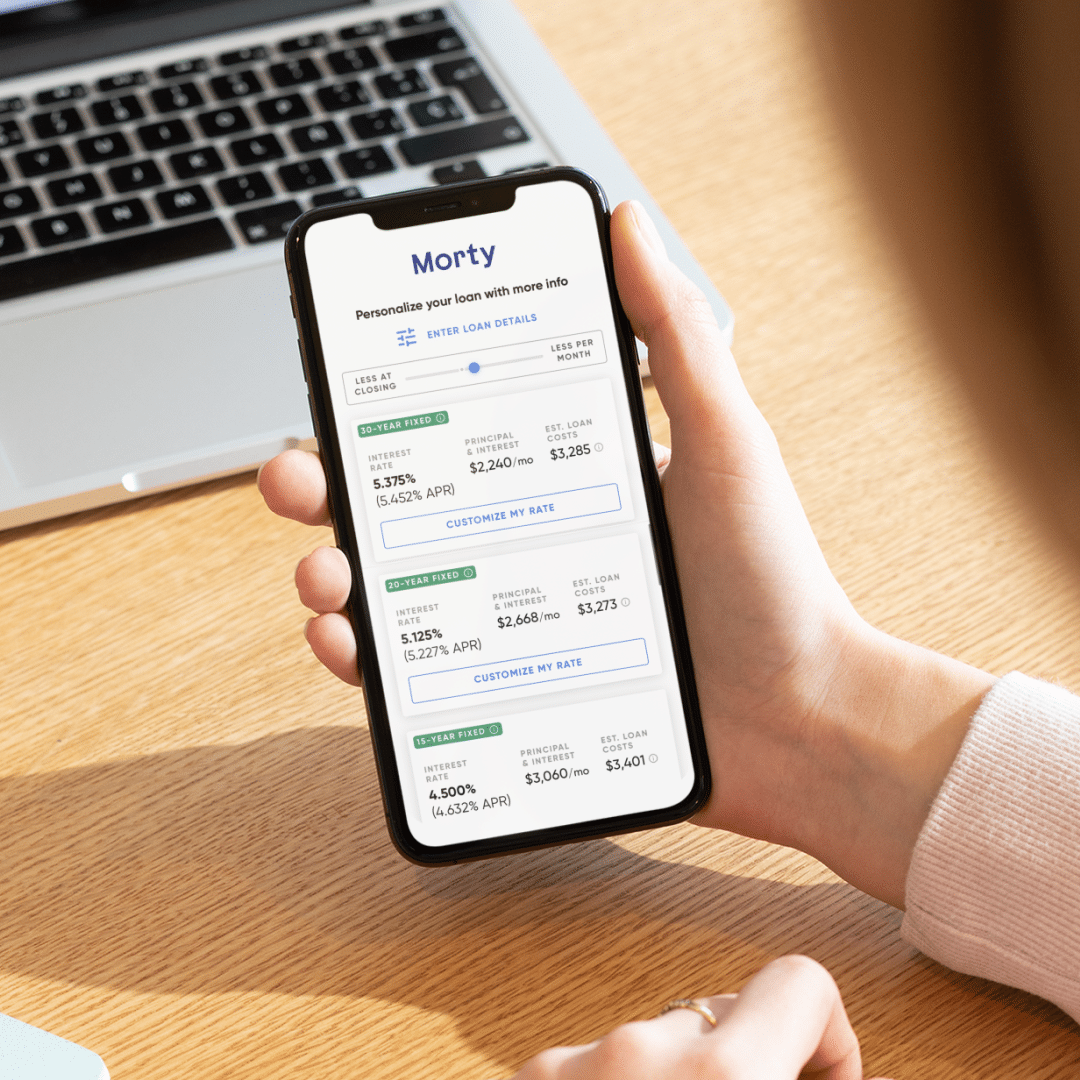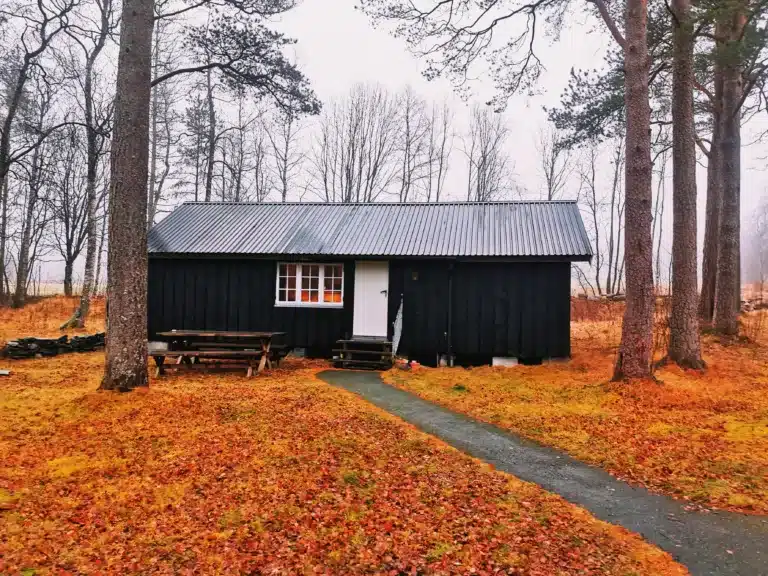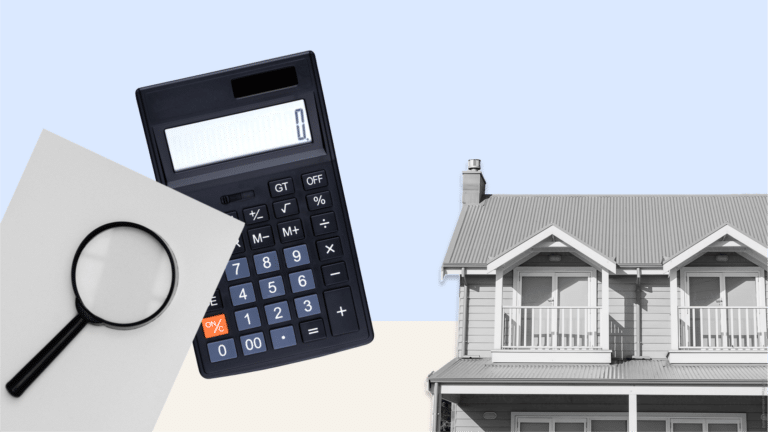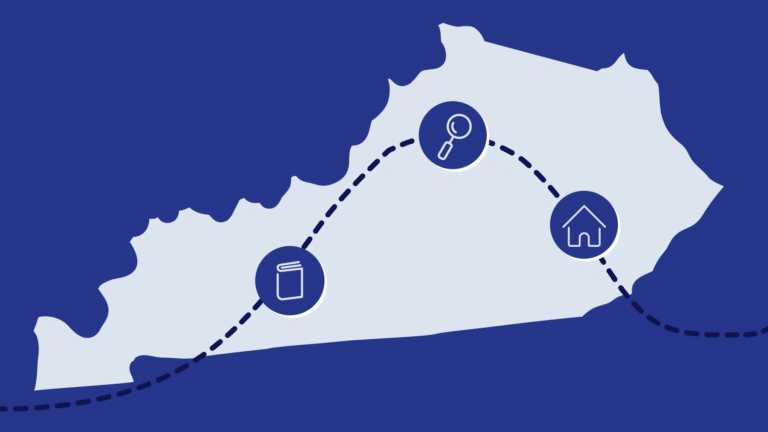What major steps come to mind when you think about starting the process of buying a home? For many, it probably includes saving for a down payment, getting pre-approved for a mortgage and finding an agent to support the home search. But it’s important to know that this isn’t the only route to homeownership. In fact, an often-overlooked option is to enter into a rent-to-own agreement.
Rent-to-own contracts can provide benefits for certain renters hoping to become homeowners – for example, it could allow you more time to save for a down payment. But it can also present some risks you should be aware of before entering into a rent-to-own agreement.
For those wondering, “how does rent-to-own work?”, we’ll take a closer look at the full process below. We’ll also work through how to find a rent-to-own home, the pros and cons of rent-to-own homes and types of rent-to-own contracts. Finally, we’ll explore when you may want to consider this option for yourself — and when you might want to steer clear of rent-to-own altogether.
What is Rent-to-Own?
Choosing the rent-to-own home route can be an excellent way to become a homeowner, especially if you get into the right partnership. Rent-to-own refers to an arrangement between a homeowner and renter that gives the renter the option to purchase the home at a later date.
Typically, a renter signs a rental agreement or lease that states that while living in the home, the renter has an option to buy the house or condo later on. In rent-to-own homes, a portion of the renter’s monthly rent payment goes toward the final purchase price.
Types of Rent-to-Own Contracts
There are two different types of rent-to-own contracts: lease-option agreements and lease-purchase agreements. Though the terms often get used interchangeably, these two options are actually very different from each other.
Lease-Option Agreement
A lease-option agreement, also sometimes referred to as a lease with the option to purchase, gives a renter the option to purchase a home during or at the end of the rental period. The homeowner may not sell the property to anyone else during that time, and the renter has two options when the contract ends: either buy the home, or relinquish it.
As an example, let’s say an owner who rents their home decides they no longer want to manage a rental property. In this case, the owner may elect to extend a lease-option agreement to the tenant.
The tenant would pay an additional percentage of the house price as an option fee each month with rent; this additional premium effectively functions as the down payment. The renter then has the option to buy the house based on a predetermined number of years.
Lease-Purchase Agreement
A lease-purchase agreement is also a contract that occurs between a tenant and landlord as a way to purchase the property at a later point in time. The difference comes in the obligation to buy.
It’s similar to a lease-option agreement in many ways: The renter pays the seller an option fee. These two individuals agree that the renter can buy the home at a predetermined and agreed-upon purchase price. The landlord also cannot sell the home to anyone else during the term of the lease.
But the lease-purchase agreement means that the renter must buy the home. A lease purchase agreement commits both parties to the sale unless a breach of contract occurs, or if the buyer cannot qualify for a mortgage. Prospective buyers may also share in maintenance costs, property taxes and insurance.
How to Find a Rent-to-Own Home
Finding a rent-to-own home can happen in a few different ways and can come about through the property owner, tenant or a prospective homebuyer.
- Property owner: If a property owner is having trouble selling their home, they may choose to list it as a rental with a rent-to-own option.
- Tenant: Tenants may also pursue a rent-to-own option, particularly if they are especially attached to their rental home. If the landlord is open to selling, the tenant can inquire about a rent-to-own agreement.
- Homebuyer: Prospective homebuyers may also see opportunities with homes that have been on the market for a while. They may choose to approach the seller with a rent-to-own offer.
Pros and Cons of Rent-to-Own Homes
As you might imagine, it’s important to weigh the pros and cons of this option to understand if a rent-to-own home is the right option for you.
Pros:
- A portion of your rent goes toward the down payment: Since you’re effectively making your down payment through your rent checks, it allows you to save over time. This could help to lessen the impact of coming up with the full down payment all at once.
- It can give you some added flexibility: Depending on the terms of your specific lease, you may have some room to decide what you want to do after the lease is up. You may be able to continue living in the home as a renter or a buyer. As your life situation changes, a rent-to-own agreement can flex to fit your needs.
Cons:
- Affordability isn’t guaranteed: The simple fact is that rates and home prices are constantly changing. Just because you could afford the home at the start of the lease doesn’t guarantee that you’ll qualify for a home loan – or want to stretch your budget – at higher rates.
When Rent-to-Own Is a Good Fit – And When It Isn’t
We’ve highlighted some of the major benefits of a rent-to-own lease. But what are some specific examples of situations where you might want to pursue it as an option?
A rent-to-own property may be worth pursuing if…
- You need some time to improve your overall financial profile. Whether you need more time to raise your credit score, save toward a down payment or feel more comfortable about investing in a home purchase, rent-to-own can offer you the gift of more time. (Check out this deep dive on down payments for tips on both!)
- You want some additional guardrails for financial planning. In addition to needing more time, maybe you’re someone who prefers more structure when it comes to building a budget. Or perhaps you’re a fan of the auto-pay model and would rather not have to actively set aside savings each month. In either scenario, rent-to-own could be a solution worth exploring.
- You found “the one” and don’t want to let it go: If you have firm criteria for your home search – you want to live in a specific neighborhood or have needs for a highly specific home layout, for example. If you’ve found these things in a rental property, you may want to inquire about a rent-to-own agreement.
On the other hand, we’ve also looked at a few of the risks that come with rent-to-own properties. But when might you want to opt out of the idea entirely?
You may want to pass on a rent-to-own property if…
- You are frequently late on rent: If you’re uncertain about future sources of income, you may want to think twice about a rent-to-own agreement. If your employment situation feels relatively unstable or you regularly can’t pay your rent on time, rent-to-own probably doesn’t make sense as a viable option toward homeownership.
Rent-to-Own: Another Path to Homeownership
A rent-to-own property can pave another path toward homeownership that you may have overlooked. But it’s important to weigh both the pros and cons of this type of lease to determine whether or not rent-to-own is the right choice for you.
Homeownership is a big responsibility for anyone, and there’s a lot to learn along the way. If you’re a first-time homebuyer or just looking to brush up on your overall homebuying knowledge, you can find more tips and guidance in Homebuying 101.








